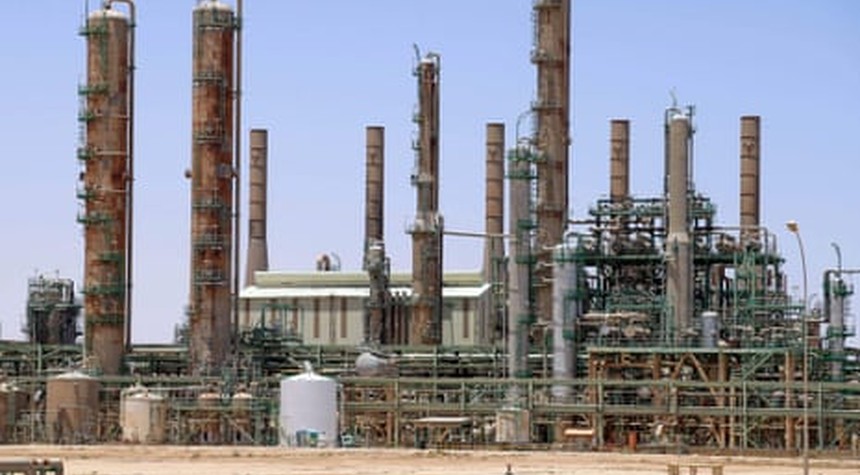A comprehensive investigative report has revealed that Libya lost approximately twenty billion dollars in revenue to state-sanctioned fuel smuggling operations between 2022 and 2024, representing one of the most systematic pillaging operations of a nation’s primary resource in recent memory.
The report, compiled by the investigative and policy organization the Sentry, presents evidence that politicians and security leaders who publicly claim to serve the Libyan people have instead functioned as the principal architects of an elaborate fuel-smuggling enterprise. These operations have received backing from foreign states, and portions of the smuggled fuel have found their way into Sudan, where they continue to fuel that nation’s ongoing civil war.
The findings demand immediate international action. The Sentry has called for a western-backed investigation into Libyan oil officials identified as central figures in the smuggling network. Additionally, the organization urges international assistance to help Libya’s own investigative bodies identify and hold accountable those who have stolen from the Libyan people.
While fuel smuggling has plagued Libya for years, the scale of theft increased dramatically after 2022 following leadership changes at Libya’s National Oil Corporation. This entity represents one of the few state institutions that bridges the east-west political divisions that have effectively split Libya into two governments since Muammar Gaddafi’s fall in 2011.
The new NOC leadership implemented a system whereby abundant Libyan crude oil was exchanged for imported refined fuel. Rather than being consumed domestically at subsidized prices as intended, this imported fuel was resold abroad at enormous profit by criminal networks.
The numbers tell a stark story. By late 2024, the NOC’s fuel imports had surged from approximately 20.4 million liters per day in early 2021 to more than 41 million liters per day. No legitimate increase in domestic demand could justify such expansion. The Sentry estimates that more than half of the imported refined petroleum has been diverted and sold privately by criminal networks. Libya continues to lack sufficient domestic oil refining capacity, making it dependent on these import arrangements.
The 2024 figures alone are staggering. More than 6.7 billion dollars worth of fuel was smuggled out of the country in that single year. To put this in perspective, that sum would have been sufficient for Libya to more than triple its spending on healthcare and education combined.
The report’s conclusions are unequivocal. Fuel smuggling can no longer be dismissed as merely a consequence of weak governance. In 2021, Libya’s top leadership effectively embraced smuggling as part of a broader, systematic strategy to extract massive wealth from the population.
The operation involves kleptocrats and organized crime networks working in coordination with corrupt officials who control state bureaucracy, logistical hubs, distribution points, transportation routes, and border crossings. Together, they orchestrated a dramatic increase in the illegal export of subsidized fuel.
The smuggled fuel has reached destinations including Sudan, Chad, Niger, Tunisia, Albania, Malta, Italy, and Turkey. Transportation methods vary widely, involving multiple categories of vessels, tanker trucks, and smaller vehicles.
This represents not merely corruption but a systematic betrayal of the Libyan people at a time when the nation desperately needs revenue for reconstruction and basic services. The international community now faces a clear choice: respond decisively with sanctions and investigations, or watch as Libya’s wealth continues to flow into the pockets of criminals and corrupt officials while ordinary Libyans suffer the consequences.
Related: Congressional Flight Diverted After Passenger Disruption Over Kansas City

